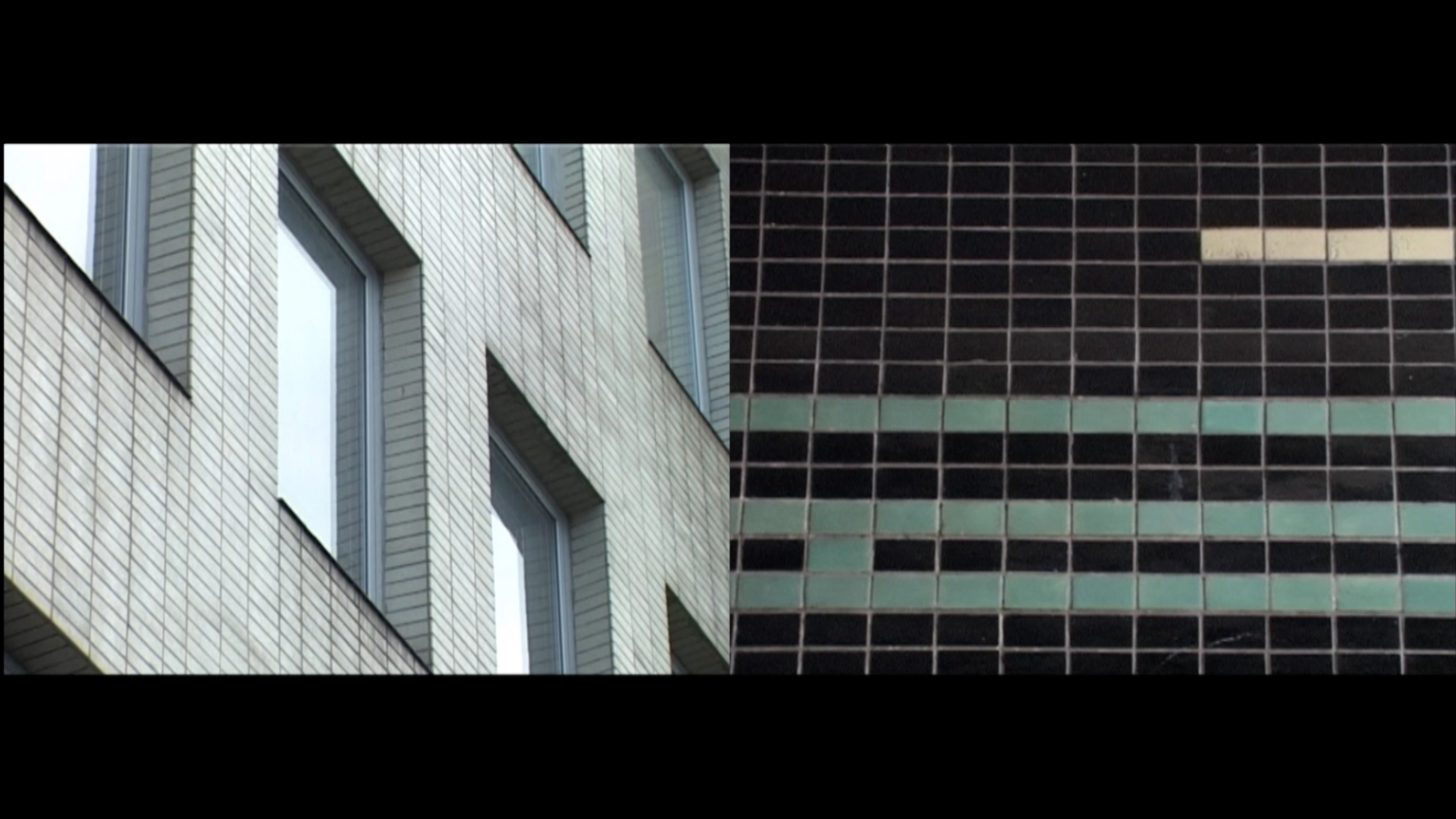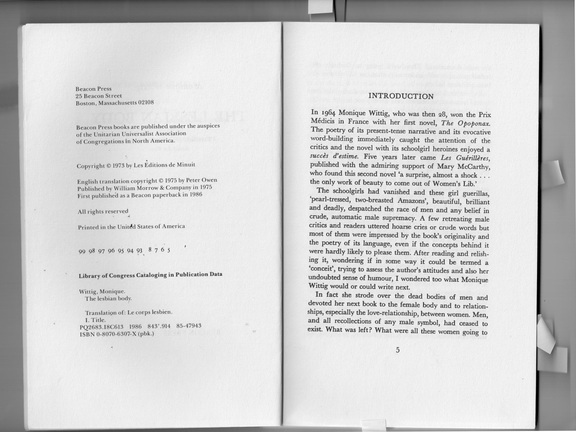Talk

How Do You Know?: Anna Daučíková
What if we think about art as a possibility for stepping into a realm of “not anymore here” and “not yet there", asks Anna Daučíková, an artist and teacher based in Prague.
Re-visiting a poem: “I don’t remember the word I wished to say.”
My intention is to revise the past and forgotten belief that making art requires an experience of transcendence. Placing this notion into today’s circumstances of new_old media technologies’ production of images, and remaining firmly connected with a materialist take on lived reality, transcendence can be disassembled from its historical metaphysics, and in connection with questions of art as artistic research—understood as the utmost intriguing practice. Why is not all art production recognized as artistic research? If in the process of accomplishing any art piece there is a hidden condition of research—meant here as a seeking / an inquiry / a delving into, why do we need to have artistic research singled out?
”What if we think about art as a possibility for stepping into a realm of “not anymore here” and “not yet there,” and focus on questions of how the art piece, in the sense of its perception, challenges the work of the mind? And what if life turns out to be no less a “real_fantasy” than art? I will present some of my artwork which comes from deliberating on / searching within and without / one’s own body.
Anna Daučíková is an artist and teacher based in Prague. After her graduation at the Academy of Fine Arts in Bratislava in 1978 she emigrated to Moscow (then the USSR) where she lived and worked until 1991. During this period her extensive painting practice and interest in photography were triggered by her encounter with feminist thought. Returning to Bratislava in 1990s her artistic practice veered towards video art and performance events, then widely organized in the Slovak art scene. In her video art the engagement of the artist’s body and bodily action became her main concern in presenting her queer statements. Alongside her artistic work she was a co-founder and activist in several womens NGOs, and became a spokesperson for LGBT rights in Slovakia. Her academic career includes teaching at the Academy of Fine Arts and Design Bratislava, and since 2012, at the Academy of Fine Arts in Prague. Since 1991 she has exhibited internationally: documenta 14, Athens/Kassel, 2017; Gallery Futura, Prague, 2016; Kiyv Biennial/School of Kyiv, 2015; Manifesta 10, Eastern Window, St. Petersburg, 2014; “Good Girls”, MNAC, Bucharest, 2013; “Gender Check – Femininity and Masculinity in the Art of Eastern Europe,” Zacheta National Gallery of Art, Warsaw and in MUMOK, Vienna, 2010; “Ars Homo Erotica” at the National Museum in Warsaw, and “Kunst und Öffentlichkeit,” 40 Jahre Neuer Berliner Kunstverein, Berlin, 2009.
HOW DO YOU KNOW?
Spring 2018
“How do you know?” is a discursive project challenging artists and other professionals to think, analyze, and deconstruct their own activity within the framework of artistic research and the production of knowledge.
The series, conceived and run by Apolonija Sustersic of Art & Public Space and Maria Lind of Kunstakademiet, is accompanied by a reading list with texts suggested by the presenters, as well as a reading group and workshop for KHIO students and staff.
Suggested reading:
“I don’t remember the word I wished to say.” (short poem written around 1936)
In: Osip Mandelstam, Twenty-Four Poems
Monique Wittig, The Lesbian Body (Boston: Beacon Press, 1986) [written in 1973]
(English translation by Peter Owen.)
